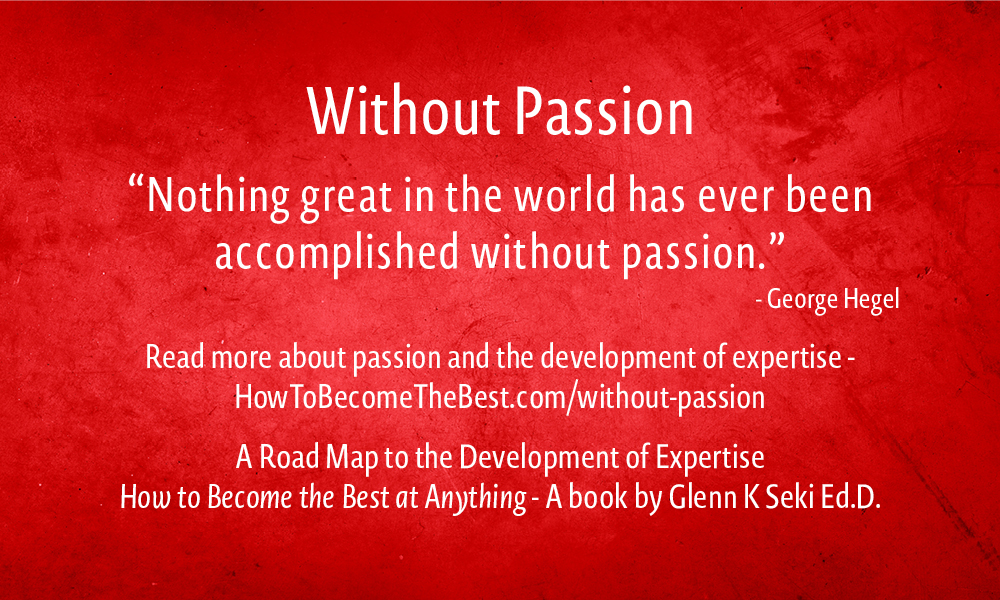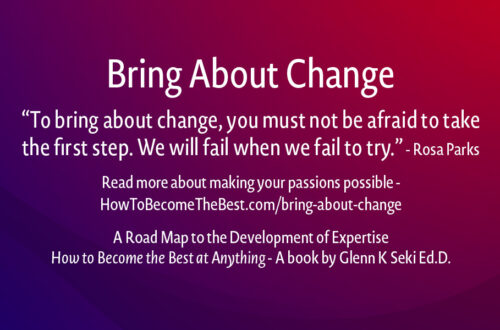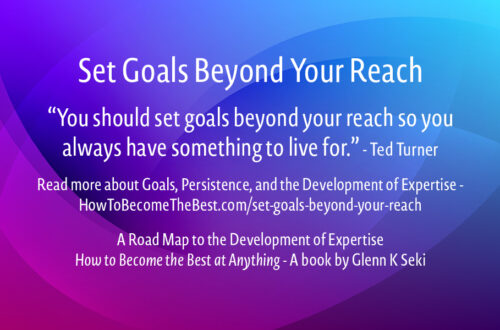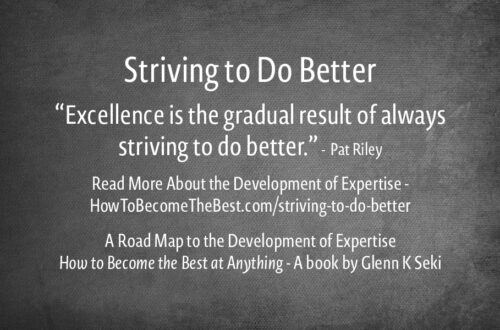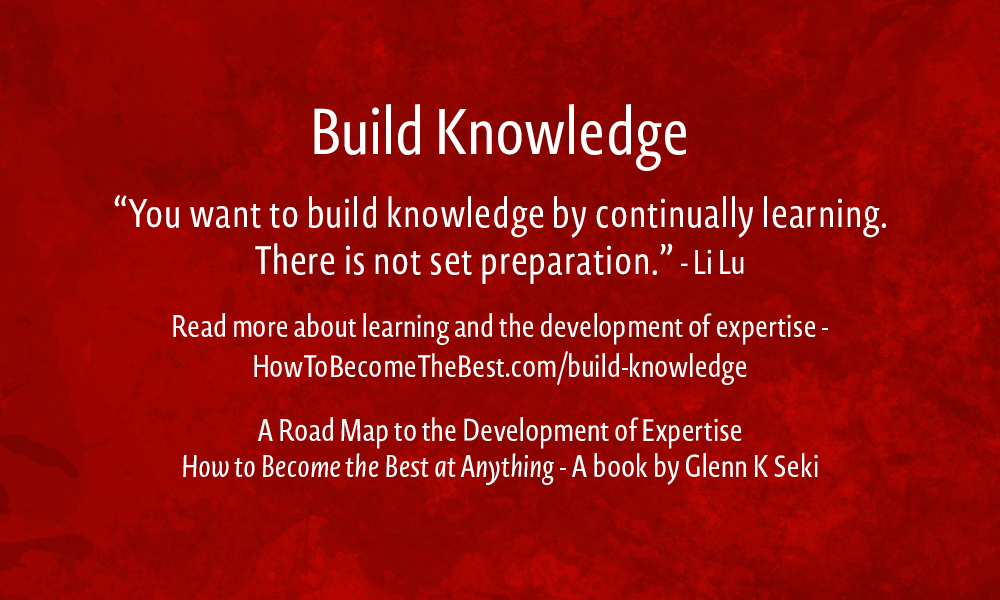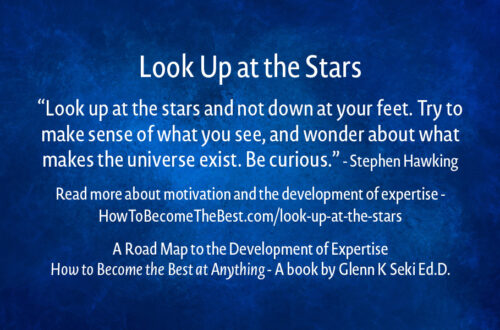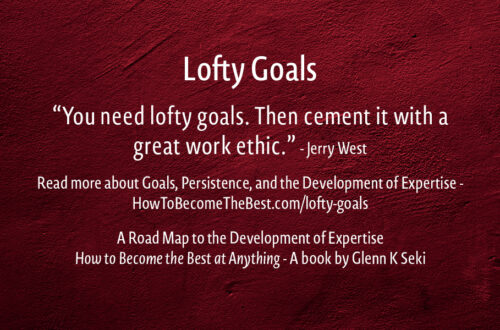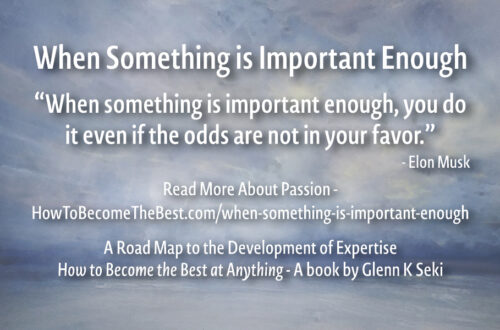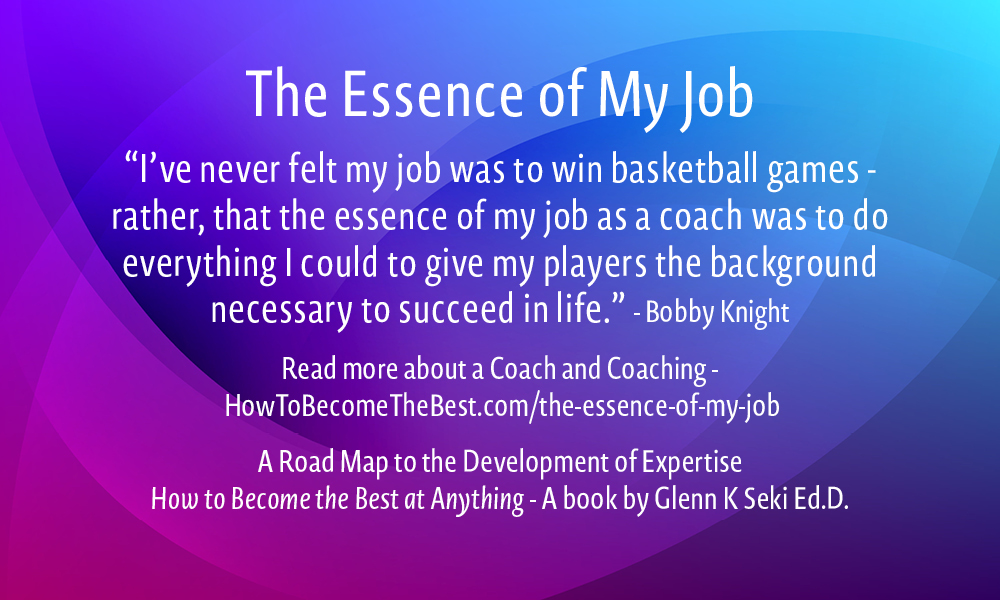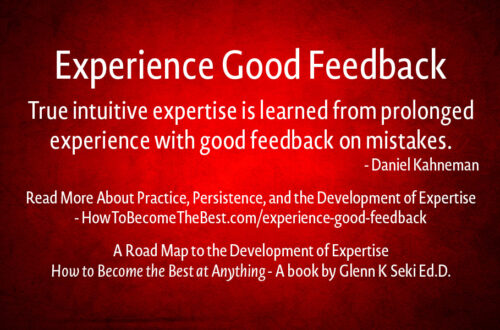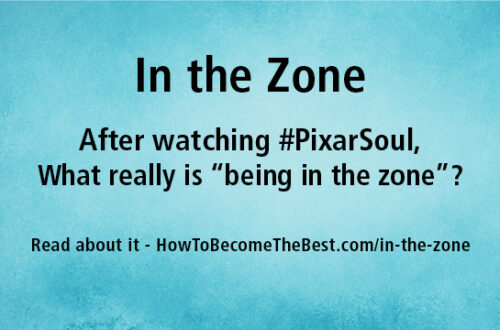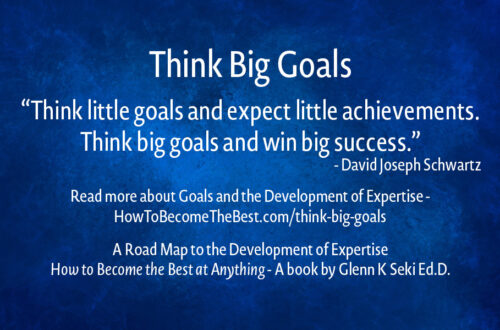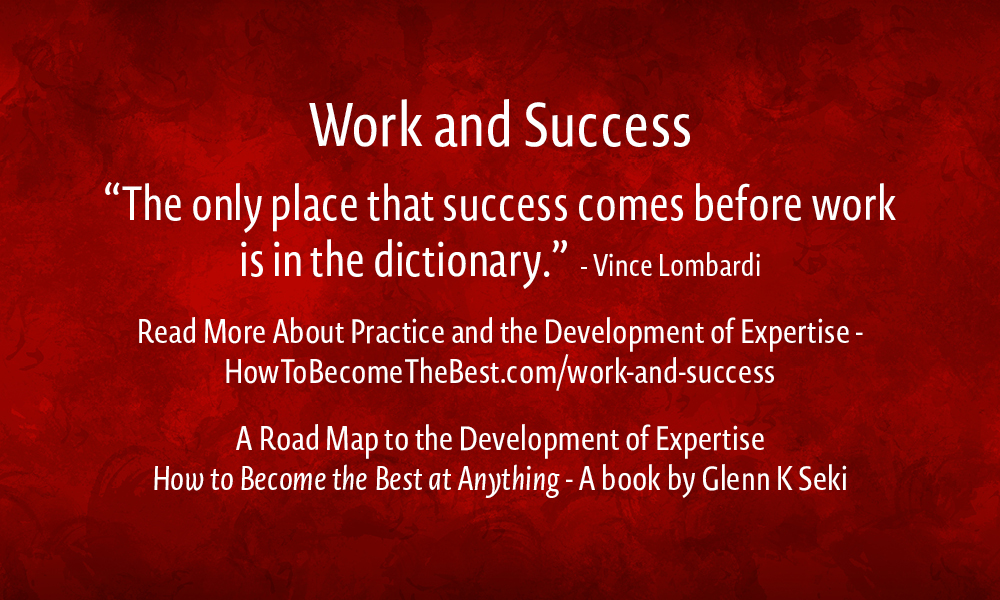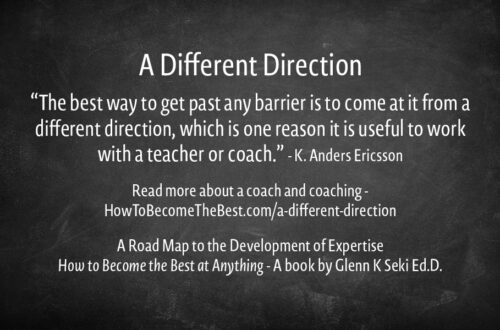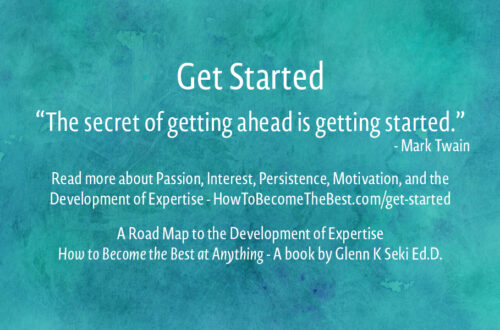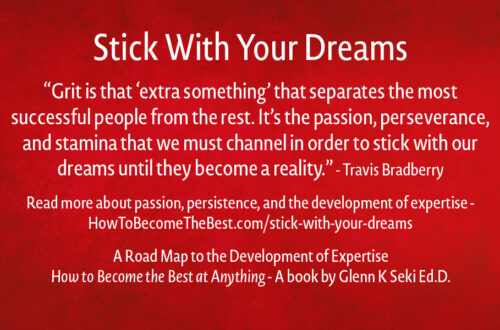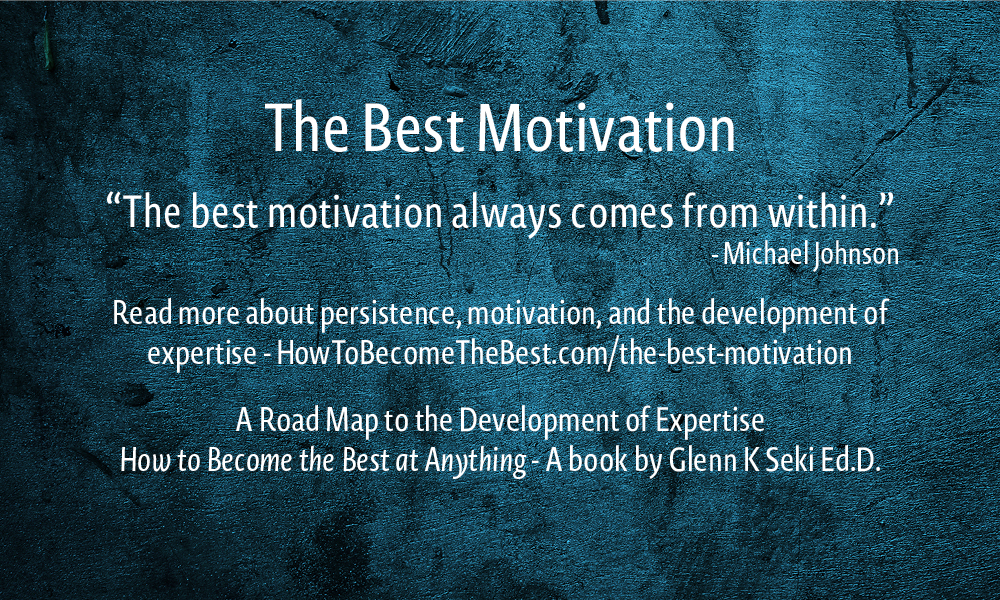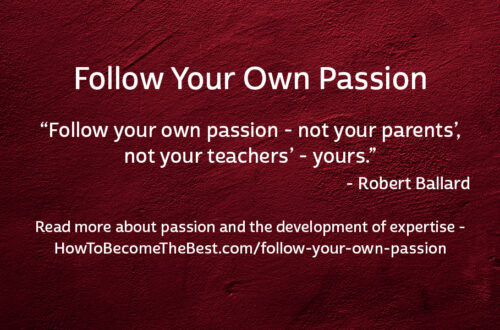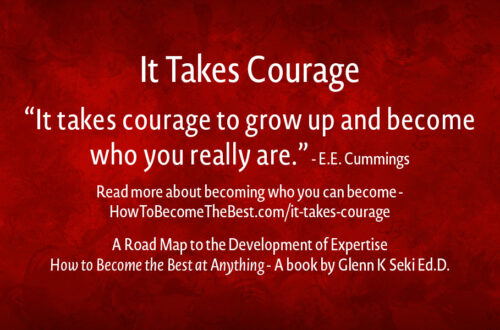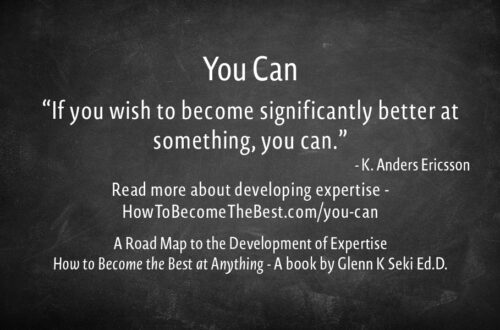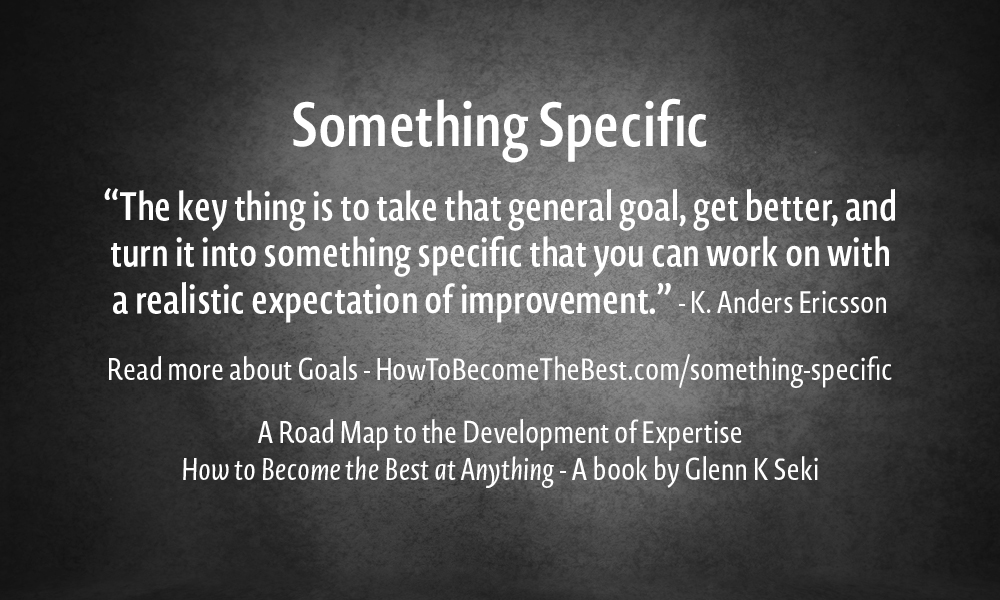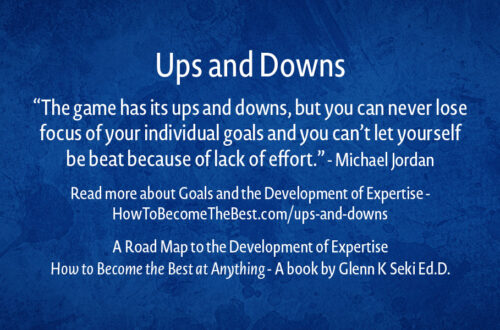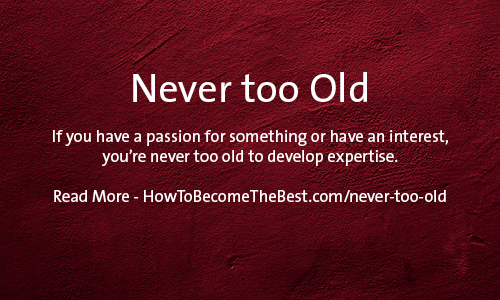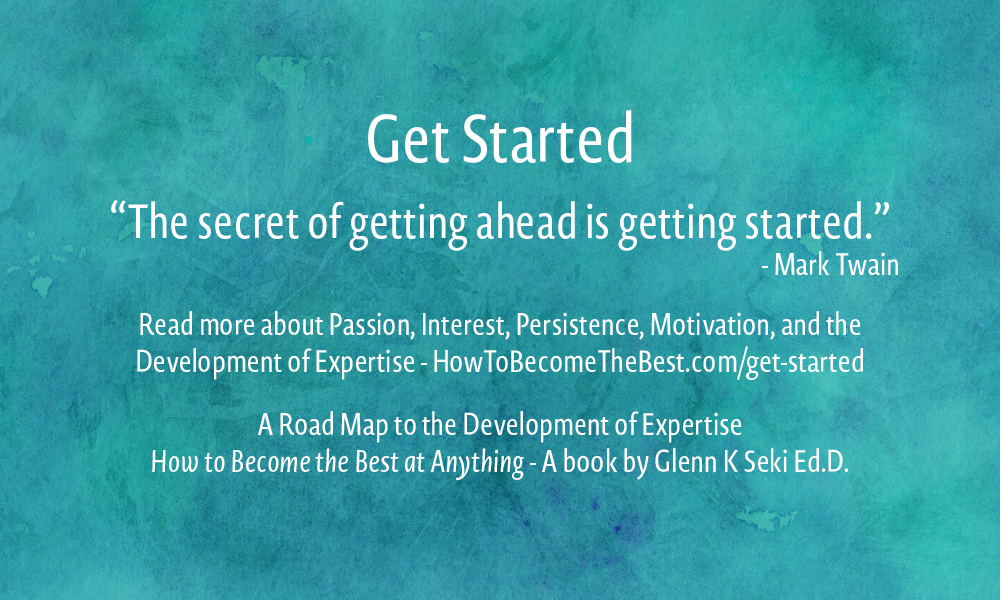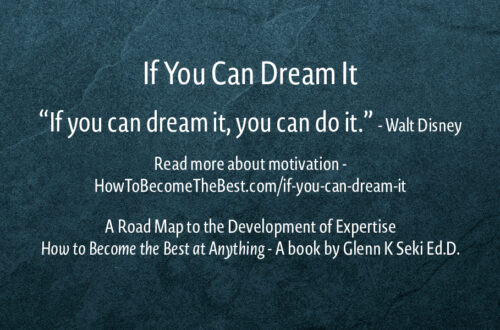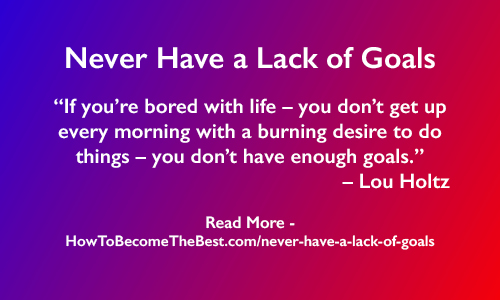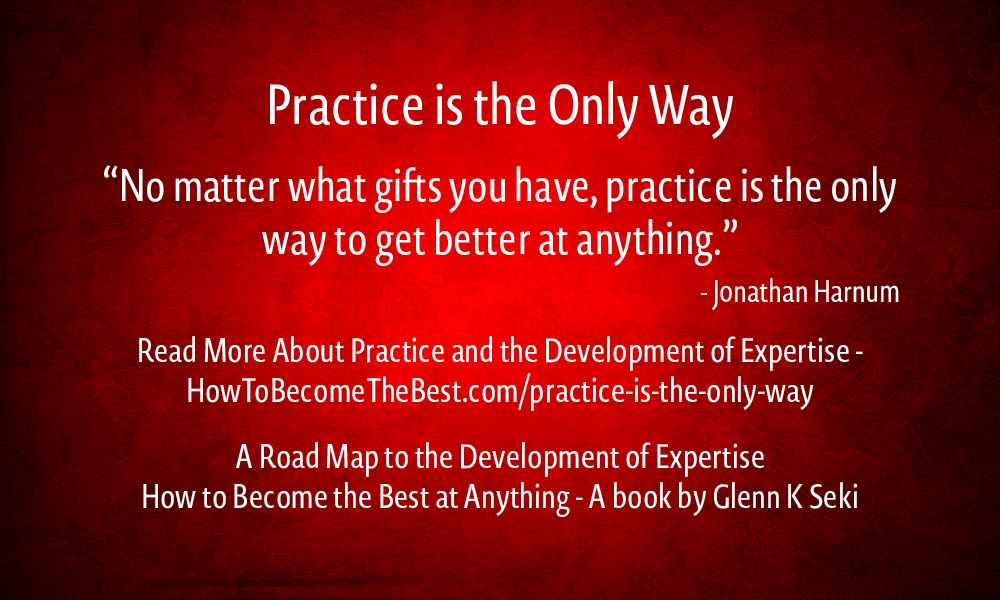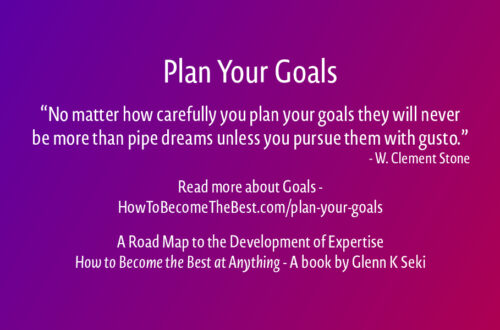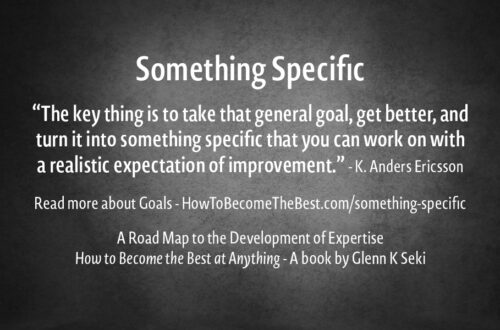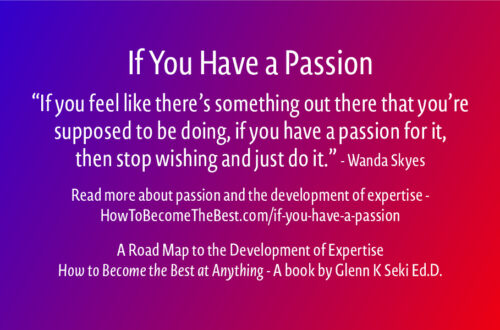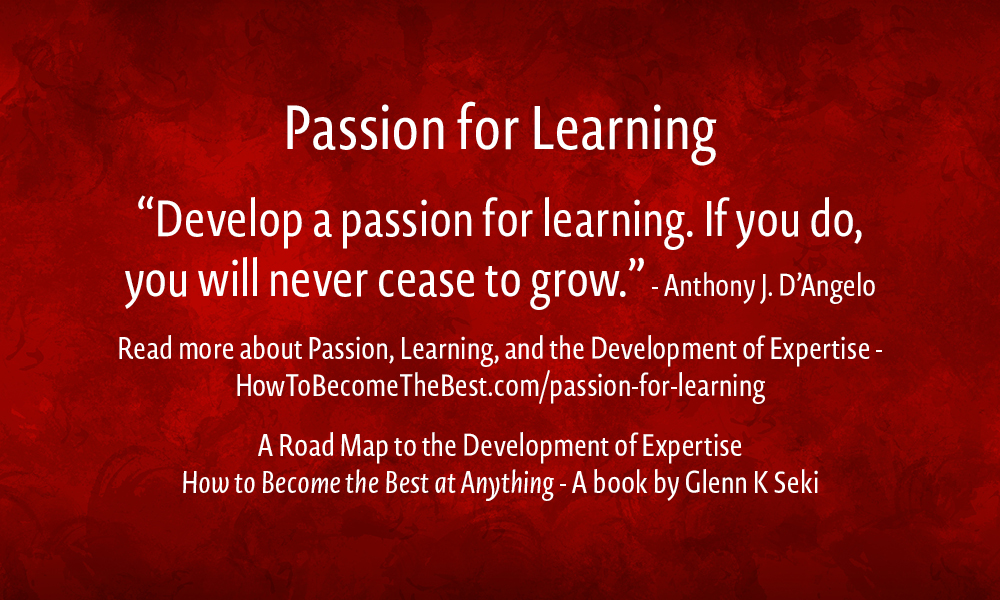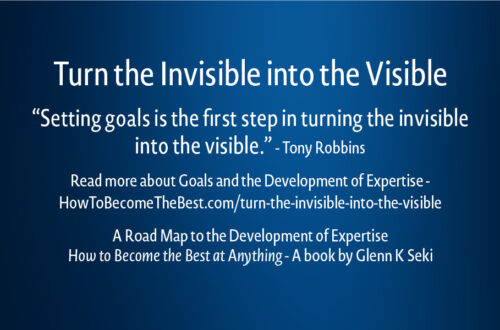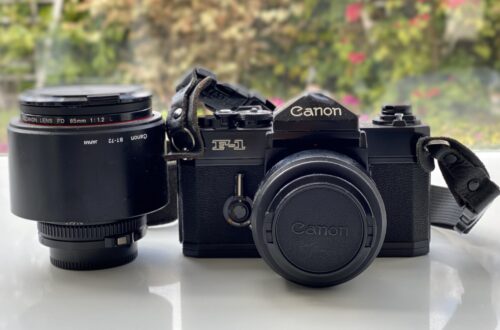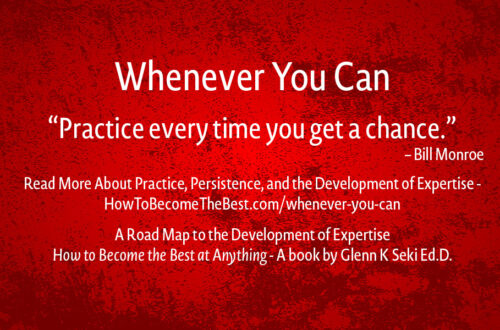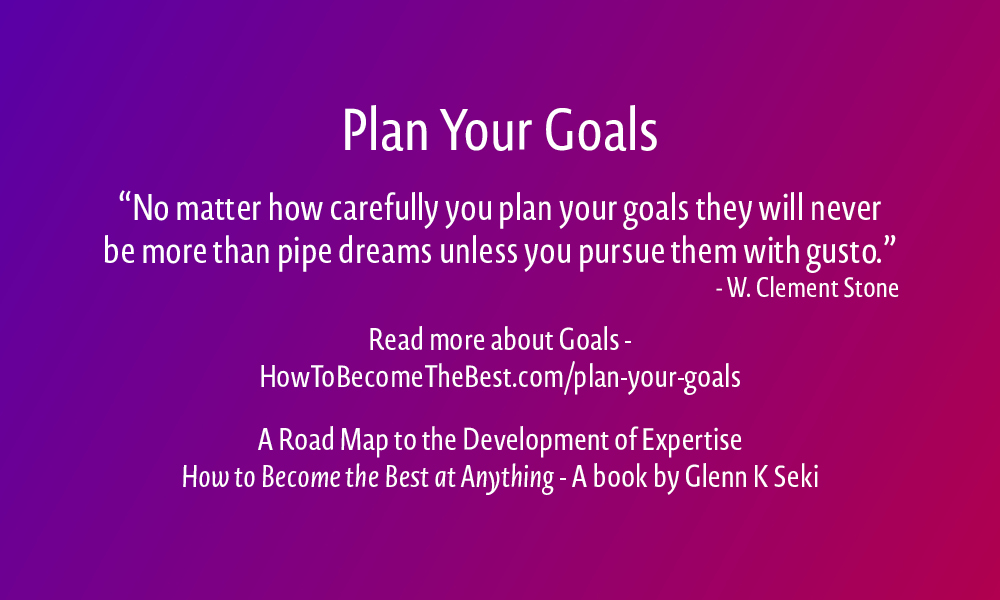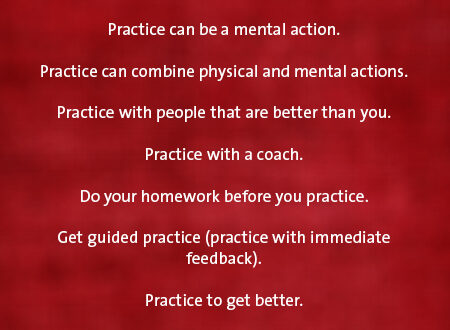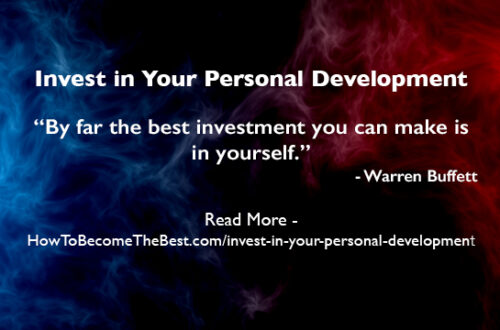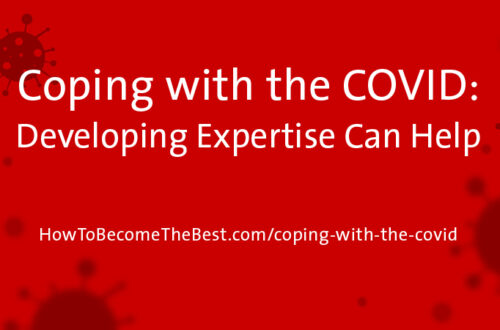“Nothing great in the world has ever been accomplished without passion.” – George Hegel *** An excerpt from How To Become The Best at Anything, Chapter 1, Passion and Interest “What is your passion? What are you passionate about? Are you passionate about a sport, say basketball, or surfing? Tennis anyone? How about art, or music. Perhaps you’re zeroed in on an academic field such as biology, or economics. Maybe you have a passion for exploring, with an eye on the Himalayas. Don’t have a passion, then what are you interested in? Interest and achievement go hand in hand. It is easier to achieve in a domain if you have…
-
-
Build Knowledge
“You want to build knowledge by continually learning. There is not set preparation.” – Li Lu *** How you learn something… An excerpt from How To Become The Best at Anything, Chapter 8, Deliberate Practice and Learning Learning “When you are trying to learn something new or you are teaching someone something new, it can be a very daunting task. It is difficult because learning something new is not easy, but it can be made easier if you understand how learning works. Learning can be divided into four basic parts: concepts (definitions and examples), processes (how it works sequences), principles (cause and effect relationships), and productions (procedures/classifications).” *** Concepts “Here’s…
-
The Essence of My Job
“I’ve never felt my job was to win basketball games – rather, that the essence of my job as a coach was to do everything I could to give my players the background necessary to succeed in life.” – Bobby Knight *** An excerpt from How To Become The Best at Anything, Chapter 7, A Coach and Coaching You really need to have a coach/mentor/teacher/etc. A coach can be a parent, relative, friend, teacher, someone you hire, etc. Tiger Wood’s father introduced him to golf, Venus and Serena Williams’ father introduced them to tennis and coached them in their early years. You can have multiple coaches concurrently and consecutively. Your…
-
Work and Success
“The only place that success comes before work is in the dictionary.” – Vince Lombardi *** A Road Map to the Development of Expertise How to Become the Best at Anything – A book by Glenn K Seki An excerpt from How To Become The Best at Anything, Chapter 8, Deliberate Practice and Learning “To become the best takes practice, lots and lots of practice. I have mentioned the 10,000-hour rule. It takes about 10,000 hours of practice to get really good at something and not just any type of practice, but deliberate practice. Deliberate practice is practicing to get better. The classic example is a man who has gone…
-
The Best Motivation
“The best motivation always comes from within.” – Michael Johnson *** Persistence and Motivation An excerpt from How To Become The Best at Anything, Chapter 9, Persistence, Motivation, and More About Your Path “Keep practicing no matter what. It will take years, you know this, so you have to keep practicing. You have to keep practicing getting better every time you practice. This is a very hard thing to do. You will get tired, bored, and frustrated. It is hard to keep your focus while practicing. I heard a story about John Wooden (often considered one of the greatest college basketball coaches, ever) while I was a student at UCLA.…
-
Something Specific
“The key thing is to take that general goal, get better, and turn it into something specific that you can work on with a realistic expectation of improvement.” – K. Anders Ericsson *** Read below about Goals and the Development of Expertise – An excerpt from How To Become The Best at Anything, Chapter 6, A Goal and a Plan “You need to have a specific ultimate goal. Let’s say you want to win an Olympic gold medal in swimming in the 200-meter freestyle. You have a specific ultimate goal, which is a good start because you know your final destination. When I was in graduate school in biology at…
-
Get Started
“The secret of getting ahead is getting started.” – Mark Twain Passion, Interest, Persistence, and Motivation *** Passion and Interest An excerpt from How To Become The Best at Anything, Chapter 1, Passion and Interest “What is your passion? What are you passionate about? Are you passionate about a sport, say basketball, or surfing? Tennis anyone? How about art, or music. Perhaps you’re zeroed in on an academic field such as biology, or economics. Maybe you have a passion for exploring, with an eye on the Himalayas. Don’t have a passion, then what are you interested in? Interest and achievement go hand in hand. It is easier to achieve in…
-
Practice is the Only Way
“No matter what gifts you have, practice is the only way to get better at anything.” – Jonathan Harnum *** A Road Map to the Development of Expertise How to Become the Best at Anything – A book by Glenn K Seki An excerpt from How To Become The Best at Anything, Chapter 8, Deliberate Practice and Learning “To become the best takes practice, lots and lots of practice. I have mentioned the 10,000-hour rule. It takes about 10,000 hours of practice to get really good at something and not just any type of practice, but deliberate practice. Deliberate practice is practicing to get better. The classic example is a…
-
Passion for Learning
“Develop a passion for learning. If you do, you will never cease to grow.” – Anthony J. D’Angelo *** Passion and Learning An excerpt from How To Become The Best at Anything, Chapter 1, Passion and Interest “What is your passion? What are you passionate about? Are you passionate about a sport, say basketball, or surfing? Tennis anyone? How about art, or music. Perhaps you’re zeroed in on an academic field such as biology, or economics. Maybe you have a passion for exploring, with an eye on the Himalayas. Don’t have a passion, then what are you interested in? Interest and achievement go hand in hand. It is easier to…
-
Plan Your Goals
“No matter how carefully you plan your goals they will never be more than pipe dreams unless you pursue them with gusto.” – W. Clement Stone *** Read below about Goals and the Development of Expertise – An excerpt from How To Become The Best at Anything, Chapter 6, A Goal and a Plan “You need to have a specific ultimate goal. Let’s say you want to win an Olympic gold medal in swimming in the 200-meter freestyle. You have a specific ultimate goal, which is a good start because you know your final destination. When I was in graduate school in biology at UCLA one of my classes was…
